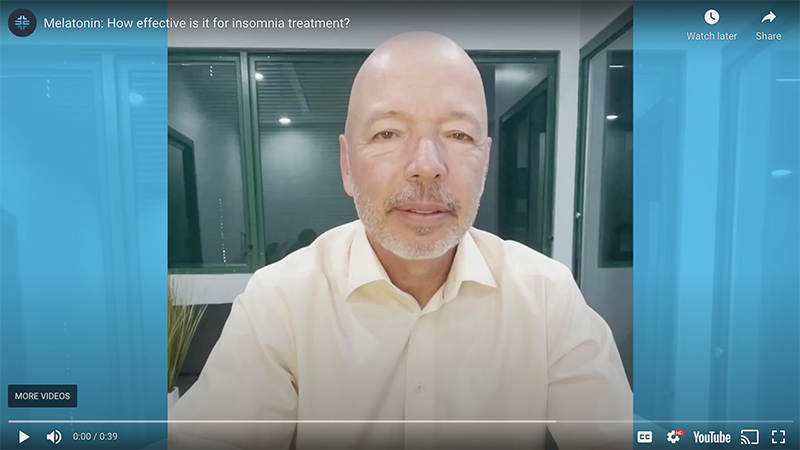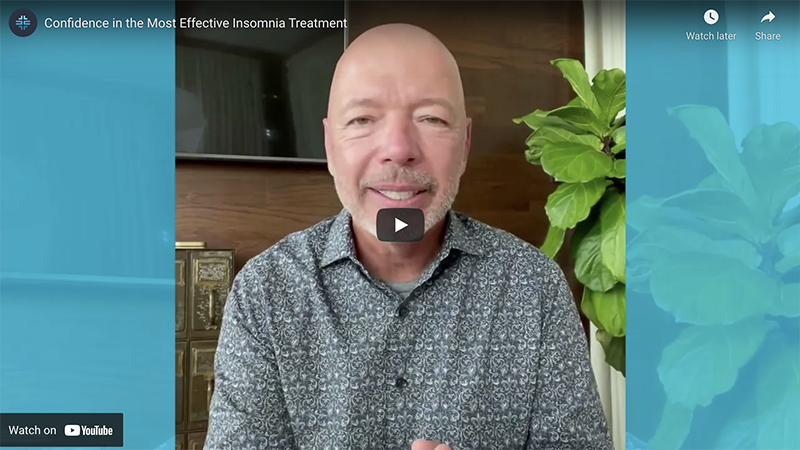Falling asleep can feel like a struggle whenever you are dealing with insomnia. Sleep is essential for our bodies to recover from the day prior and regenerate for the day ahead. Whenever you have a hard time falling asleep, you are unable to be the best version of yourself. A survey revealed that 68 percent of respondents struggled to fall asleep at least once a week.
Falling asleep is something that Americans are not able to do as well as we use to. Now we average 6.8 hours a night of sleep. That’s over an hour less than the average in 1942.
Before you take a sleeping pill or try other unproven sleep therapies, assess your sleep hygiene. Many times poor sleep hygiene is the sole cause of restful or sleepless nights.
What Is Sleep Hygiene: A Definition
Sleep hygiene is defined as the collection of habits we have that positively or negatively affect our sleep. Some of these sleep habits occur during the day while others happen right before we go to bed. Good sleep hygiene is essential because quality sleep is vital to living your best life. Whenever you practice poor and inadequate sleep hygiene, you rob yourself of the ability to sleep.
Sleep Hygiene Tips to Get Better Sleep
There are some everyday activities and substances that could be affecting your ability to fall and stay asleep. The following tips, techniques, and practices serve as a kind of checklist for you to follow to help improve your sleep.
- Avoid caffeine, alcohol and nicotine before bed. If you regularly drink coffee or cola, you’re aware of the awakening effect that caffeine has. It blocks adenosine receptors in the brain, which keep adenosine from slowing down nerve cell activity in the brain. When you drink caffeine before bedtime, you aren’t allowing your mind to go through its natural shutting-down process for sleep. This is true, even if you consume caffeine hours before going to bed.
Alcohol can make it easy for you to fall asleep but makes it more difficult to stay asleep. A fast adenosine rush to the brain right after consuming alcohol causes you to fall asleep. However, the adenosine flow doesn’t sustain, leading to unrestful sleep. A study found that higher doses of alcohol, within an hour before bedtime, are linked to a higher number of interruptions during sleep.
Nicotine found in cigarettes is a known stimulant and can disrupt sleep. In another study, 22.5 percent of smokers reported feeling unrested after sleep versus five percent of nonsmokers.
- Create an ideal sleep environment. Having a perfect sleep environment is the key to getting good sleep. If there is a lot of light and noise or the temperature is uncomfortable, you diminish your chances of having a good night’s sleep. To learn more about your sleep environment, check out our video on what you can do to make yours the best it can be.
- Remove electronics from your bedroom. The effect of blue light emitted from electronics on melatonin production has become well documented. We trick our brains into thinking that it is daytime when it is just artificial light. The best way to limit blue light exposure before bedtime is to remove any electronics from your bedroom that are unnecessary for sleep.
- Get up when you are unable to sleep. One of the focuses in our CBTI program is the association of your bed with sleep. Individuals who struggle with insomnia usually report that they lay in bed for long periods without sleeping. Getting up and participating in a relaxing activity such as reading, meditation or listening to soft music can help to calm the mind down.
- Exercise regularly and eat a balanced diet. Exercise and diet affect your sleep. Having a balanced diet can help your body to go through its normal processes more efficiently and help you to be ready for sleep. Vegetables, fruits, lean protein, dairy and whole grains are best for a restful slumber. It’s best to avoid junk food before bed like simple carbs and saturated fats. These foods can make it difficult to fall asleep. Spicy or acidic foods that can cause heartburn and inability to fall asleep.
Regular exercise, at least a few hours before bedtime, can help to regulate any other health conditions that may affect sleep. Exercise early enough in the day also helps your body to become more tired and ready for sleep at night.
- Set and stick to a regular sleep schedule. Our bodies thrive on routine. When we don’t fall asleep and wake up at the same time, our circadian rhythm is interrupted, and we can feel fatigued during the day. Setting and sticking to a sleep schedule is essential for your mind to know when to fall asleep and wake up.
Following these rules of sleep hygiene can help you to feel rested and refreshed when you start your day. If you are dealing with insomnia and need help, don’t worry, you’re not alone. Get started with one of our sleep specialists today to start your journey back to a good night’s sleep.


